In the case, Trump v. Illinois, the justices have signaled that they may not yet allow Trump to use troops against protesters, despite the Republican majority on the court frequently ruling in his favor. The case has sparked intense debate over the limits of presidential power and the role of the military in domestic law enforcement.
"This is a critical moment for our democracy," said Illinois State Representative Elizabeth Hernandez, who has been a vocal critic of Trump's actions. "The use of the National Guard to suppress peaceful protests is a clear overreach of executive power and a threat to our fundamental rights as Americans."
The controversy began in August, when Trump deployed National Guard troops to the immigration facility in Broadview, Illinois, in response to a small protest that had been ongoing for several weeks. The protest, which drew a few dozen people at its peak, was largely peaceful and focused on issues related to immigration and refugee policy.
However, Trump's decision to deploy the National Guard was widely seen as an attempt to intimidate and suppress the protesters, and was met with swift opposition from local officials and civil rights groups. Two lower courts, the U.S. District Court for the Northern District of Illinois and the U.S. Court of Appeals for the Seventh Circuit, ruled that Trump's actions were illegal and ordered the troops to be withdrawn.
The Supreme Court's decision in Trump v. Illinois is expected to have significant implications for the balance of power between the executive branch and the judiciary, as well as for the rights of protesters and citizens. The court's ruling could also set a precedent for future cases involving the use of military force in domestic law enforcement.
As the Supreme Court prepares to rule, many are watching closely to see how the justices will navigate the complex issues at stake. "This is a test of the court's commitment to upholding the Constitution and protecting the rights of all Americans," said ACLU Senior Counsel Brian Hauss. "We hope that the court will recognize the gravity of this issue and rule in favor of the protesters and the rule of law."
The Supreme Court is expected to issue its decision in Trump v. Illinois in the coming weeks.
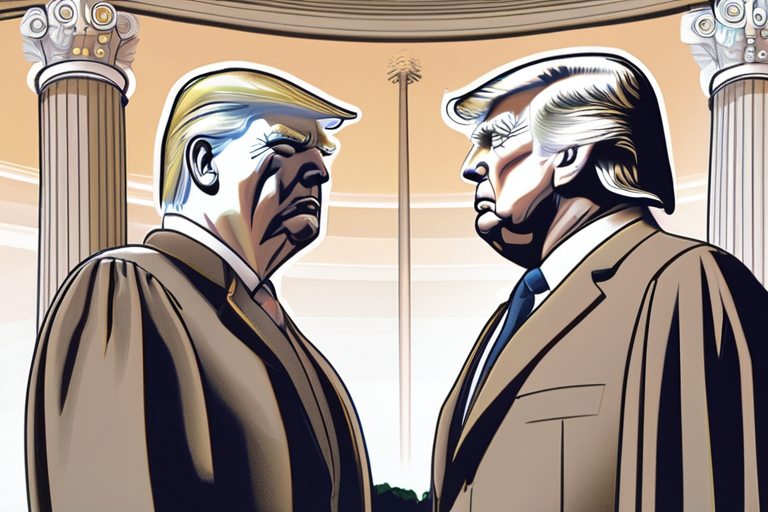

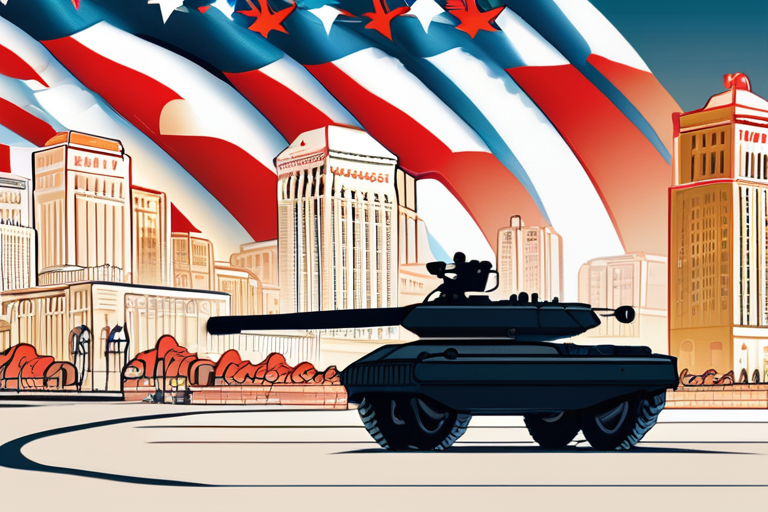
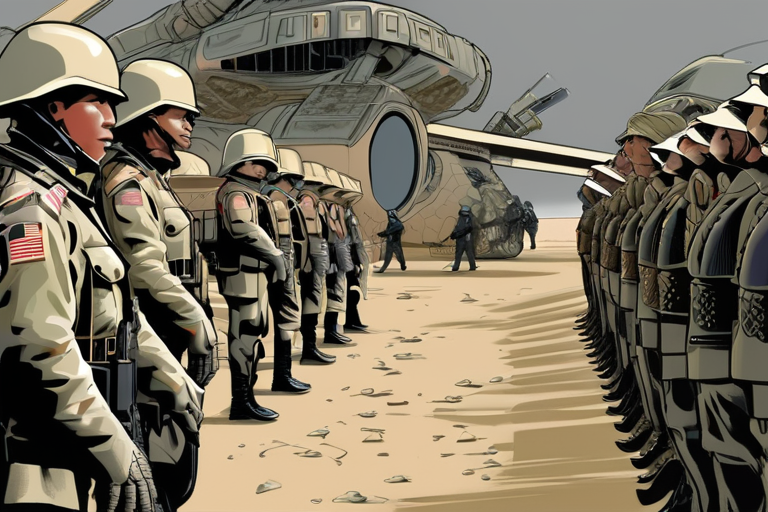
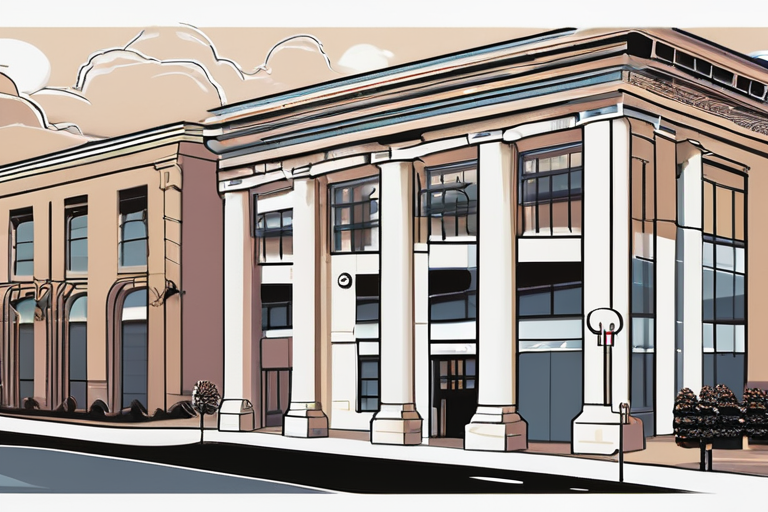
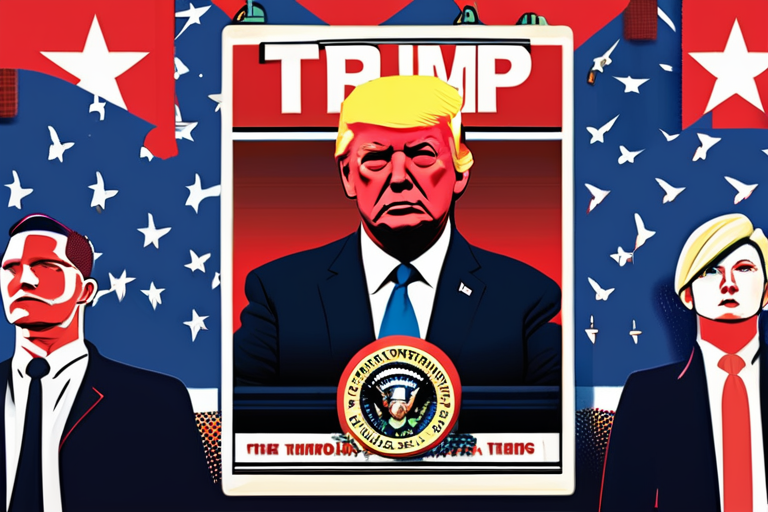
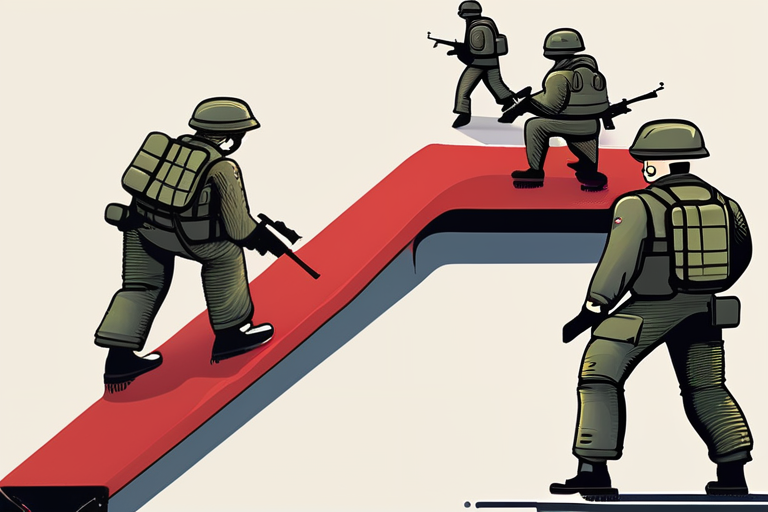
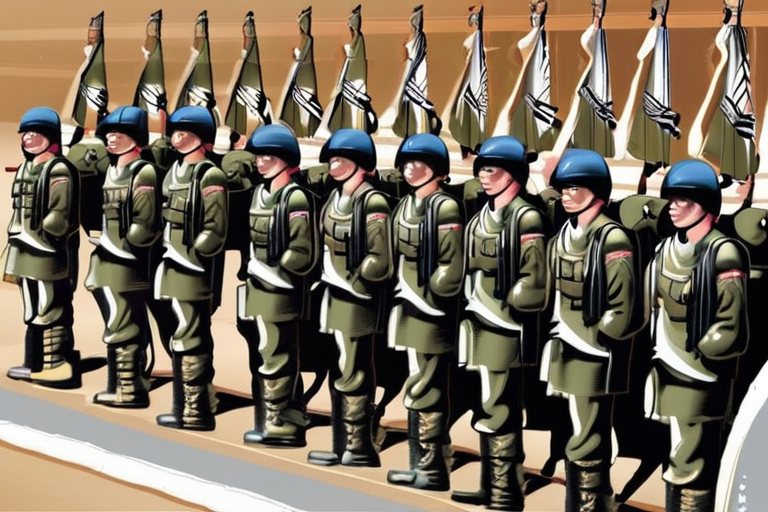
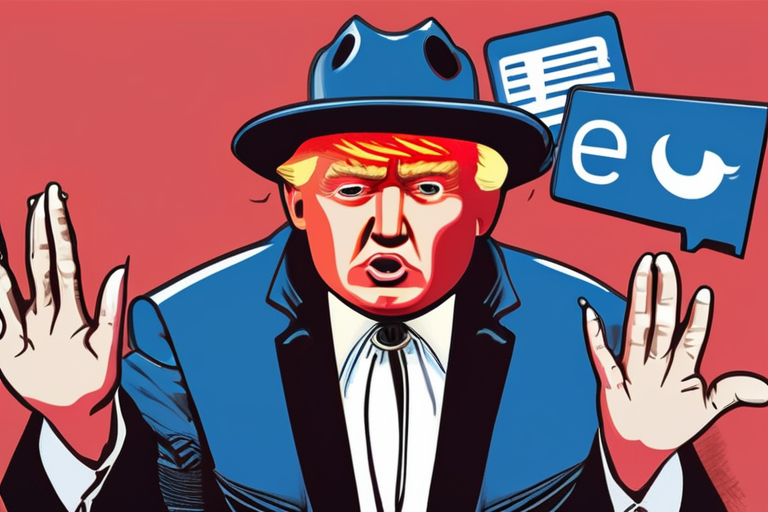
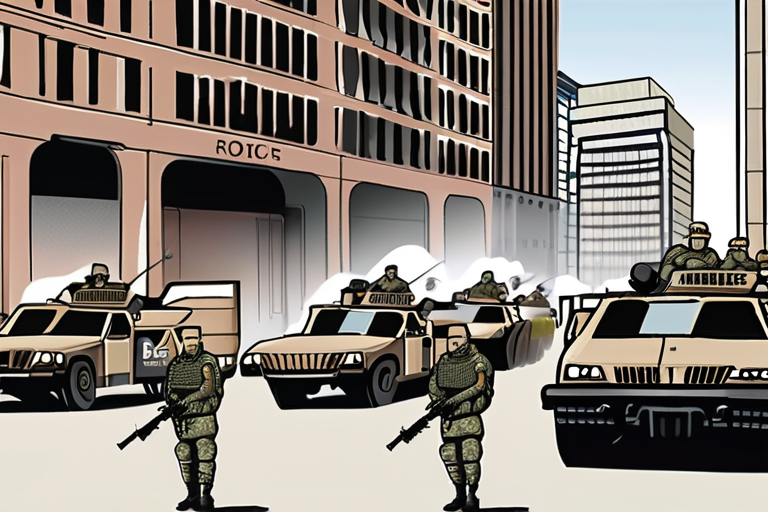
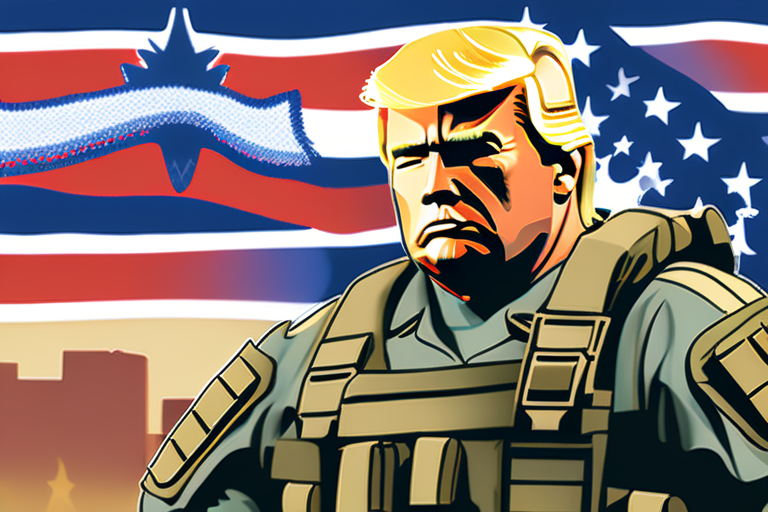
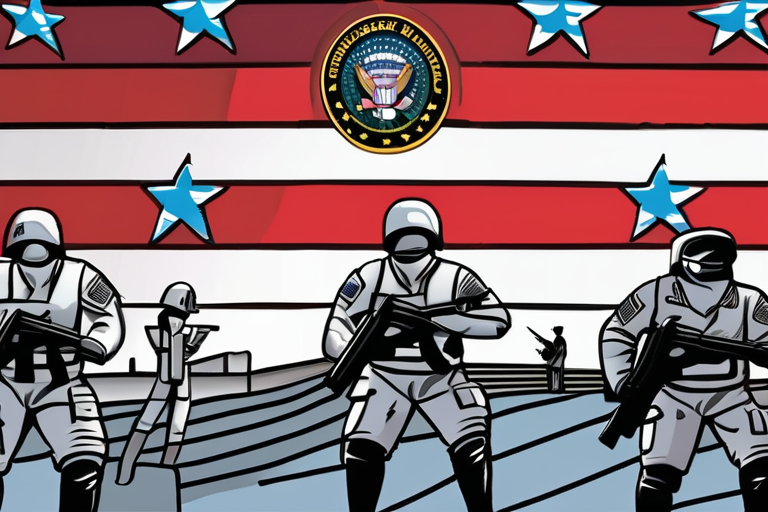
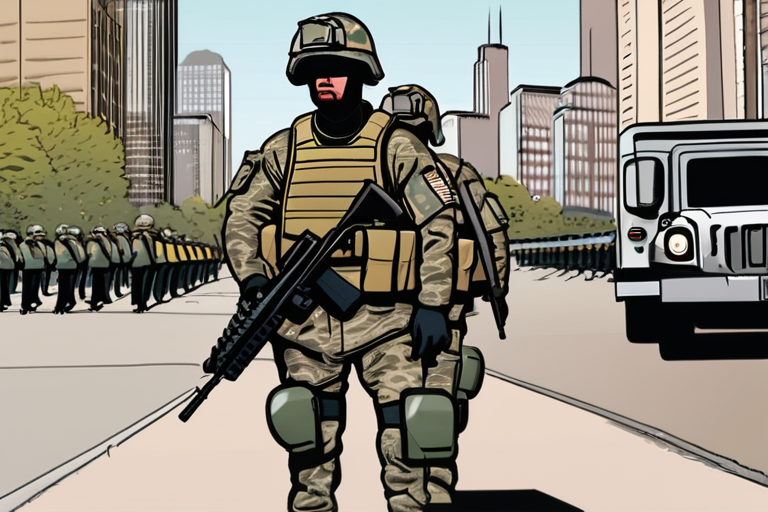
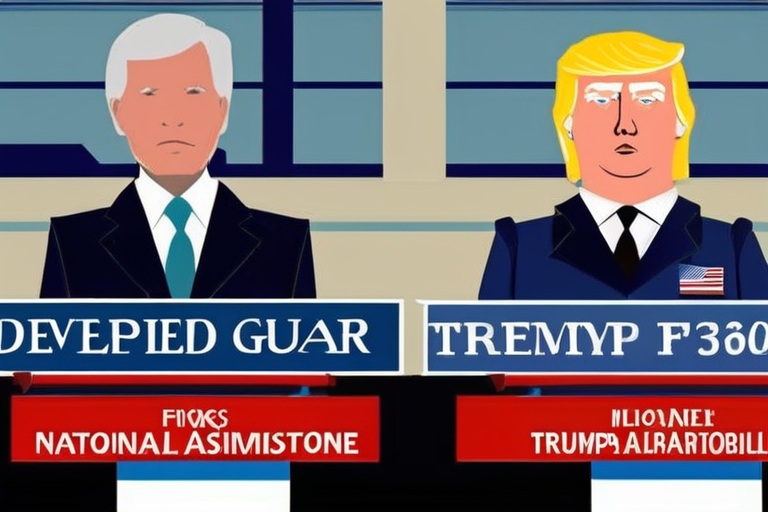
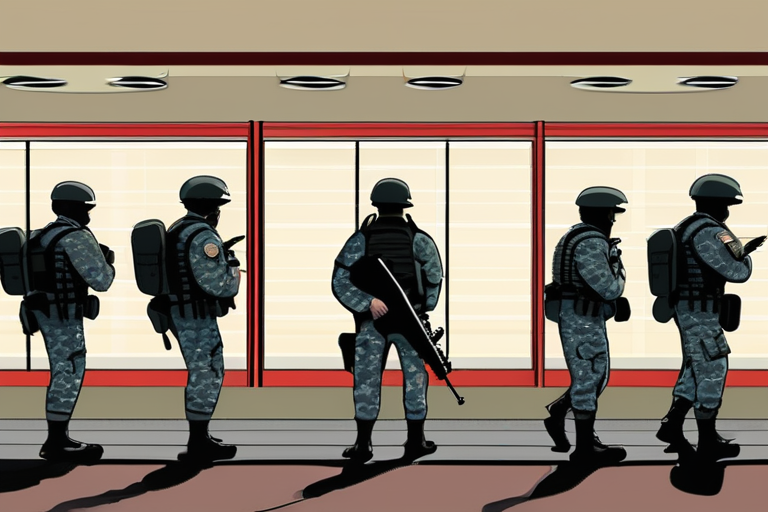
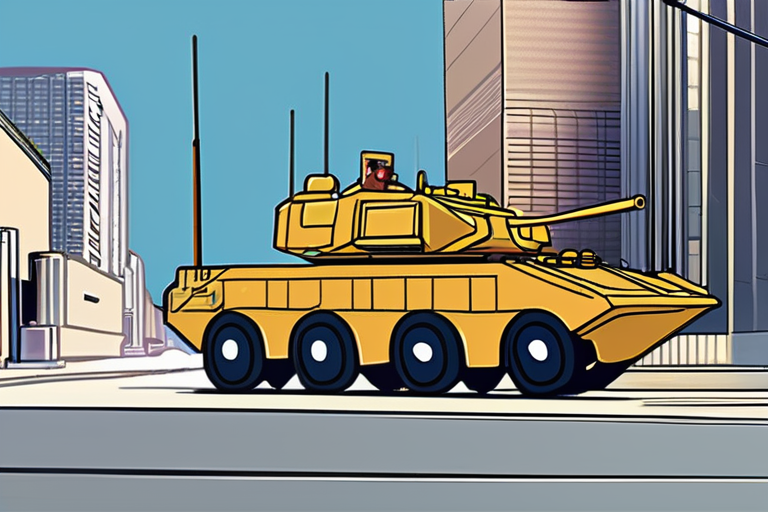
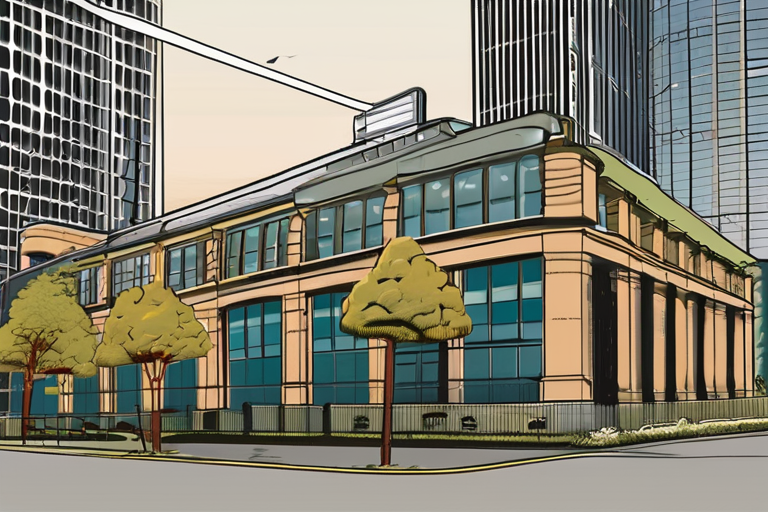
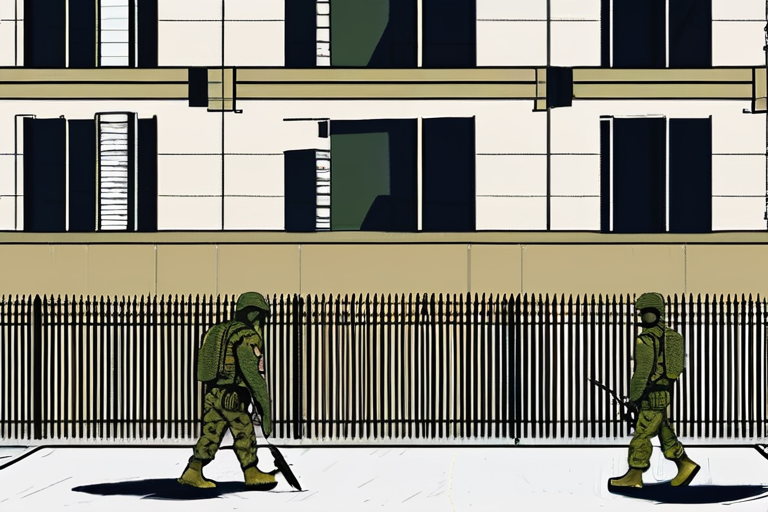
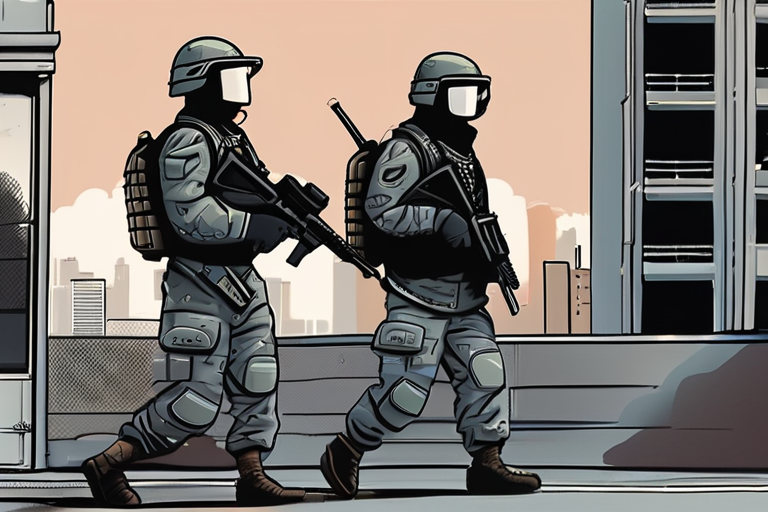
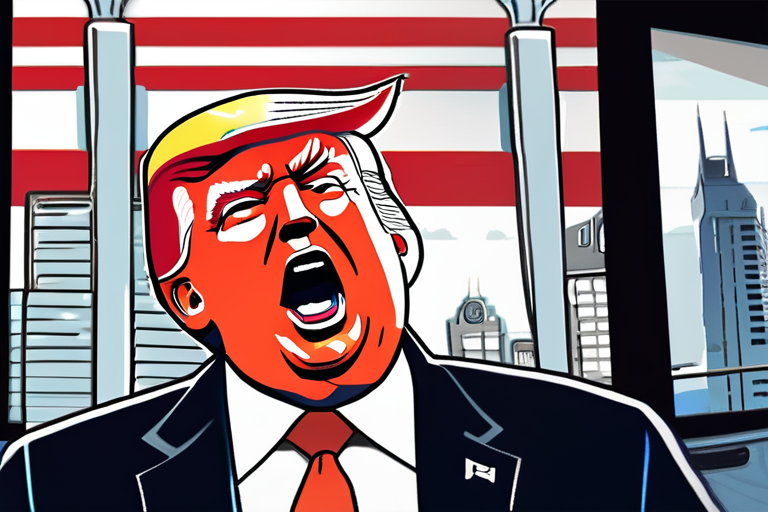
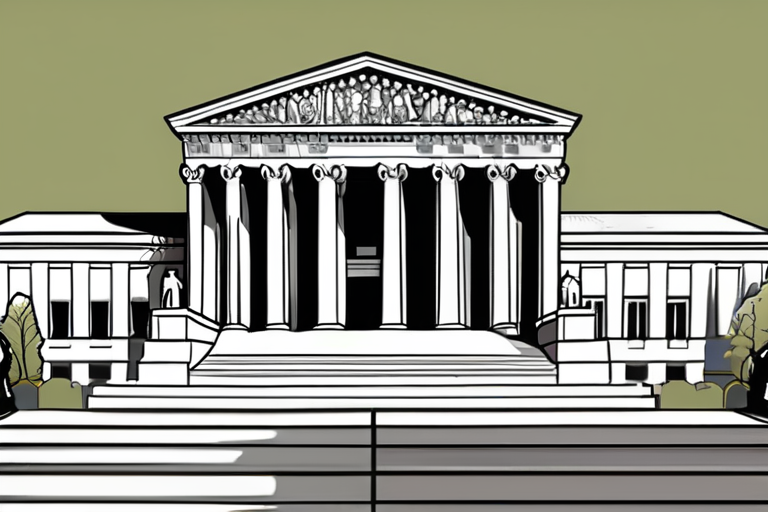
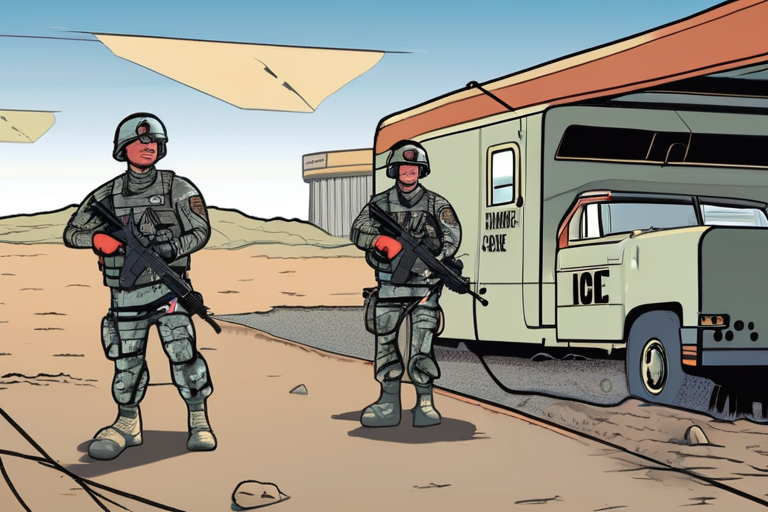
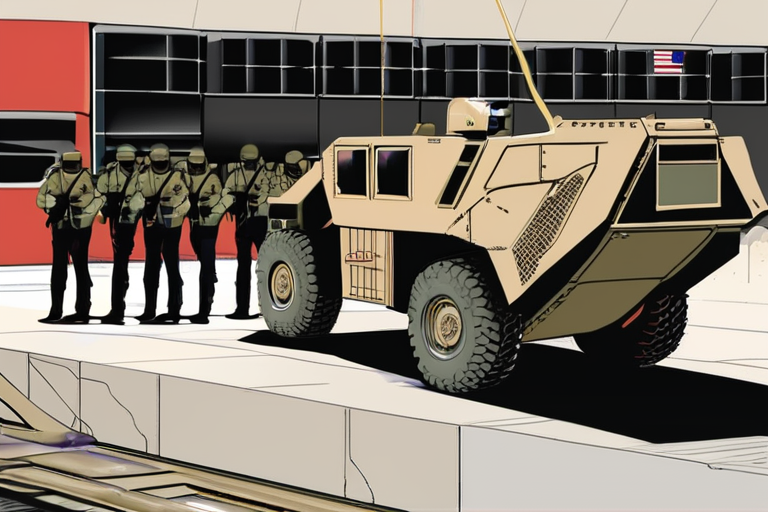
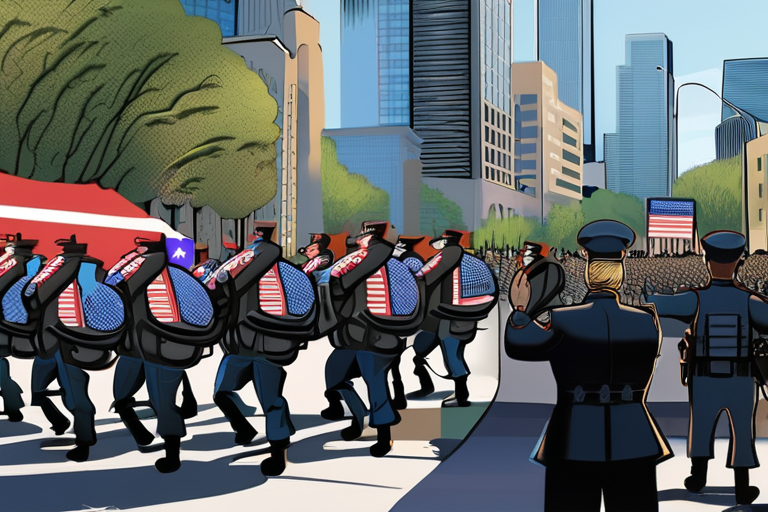
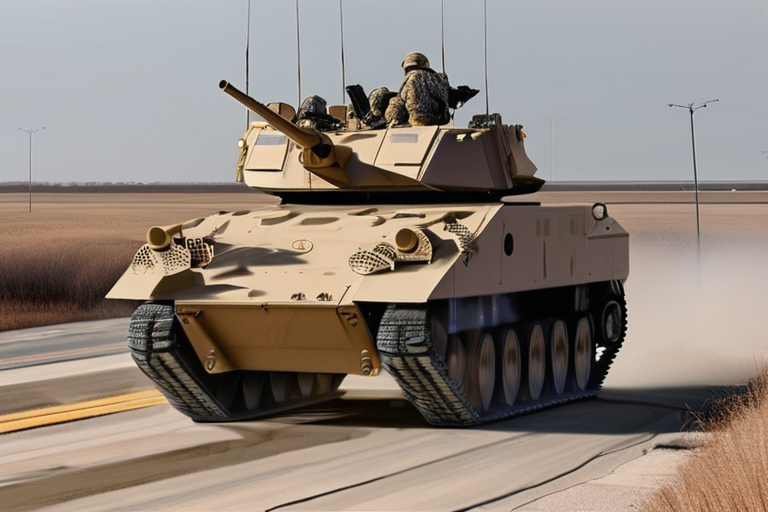
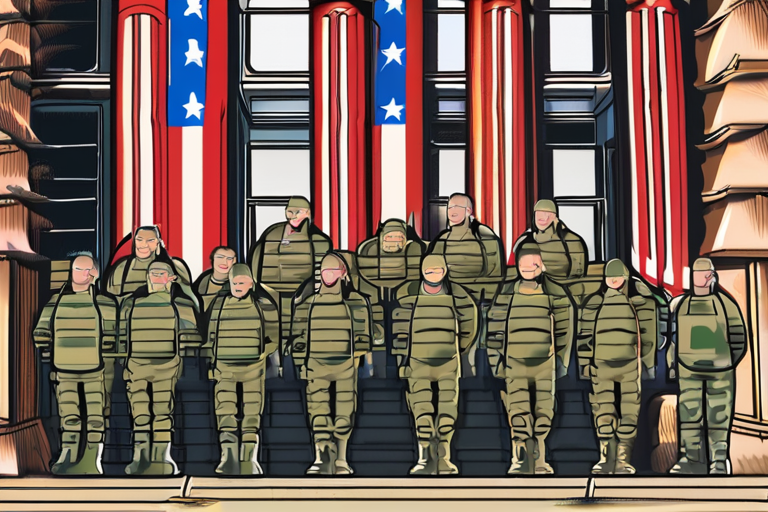
Share & Engage Share
Share this article